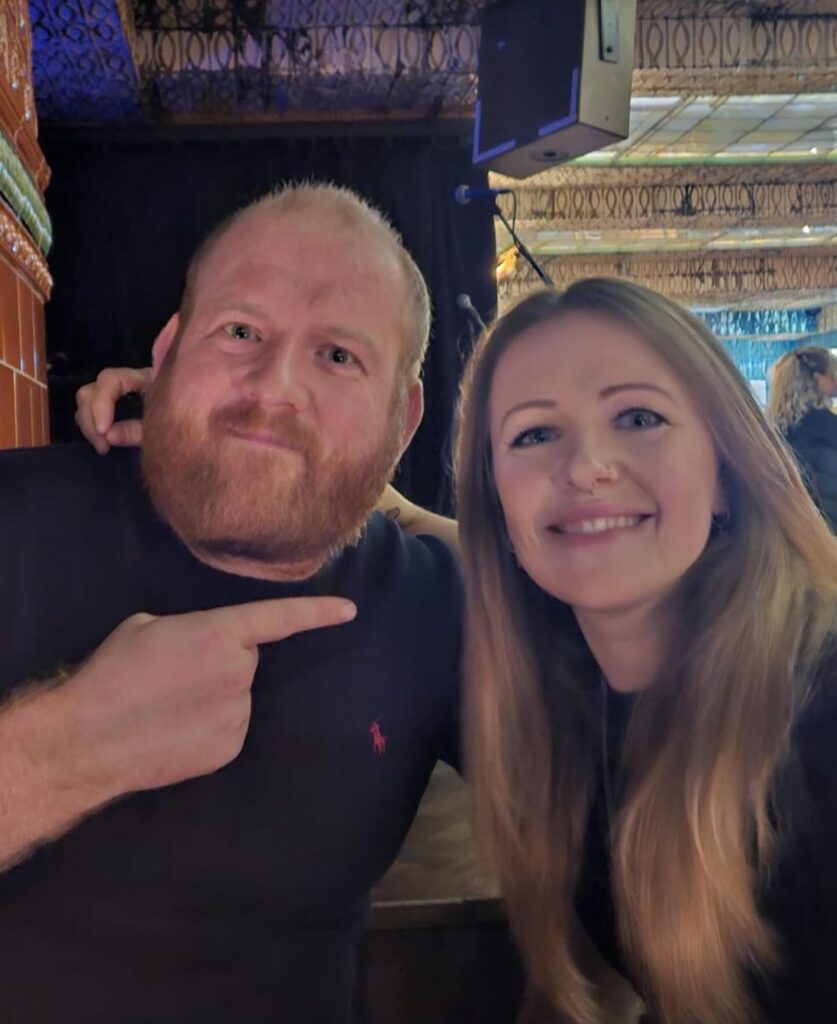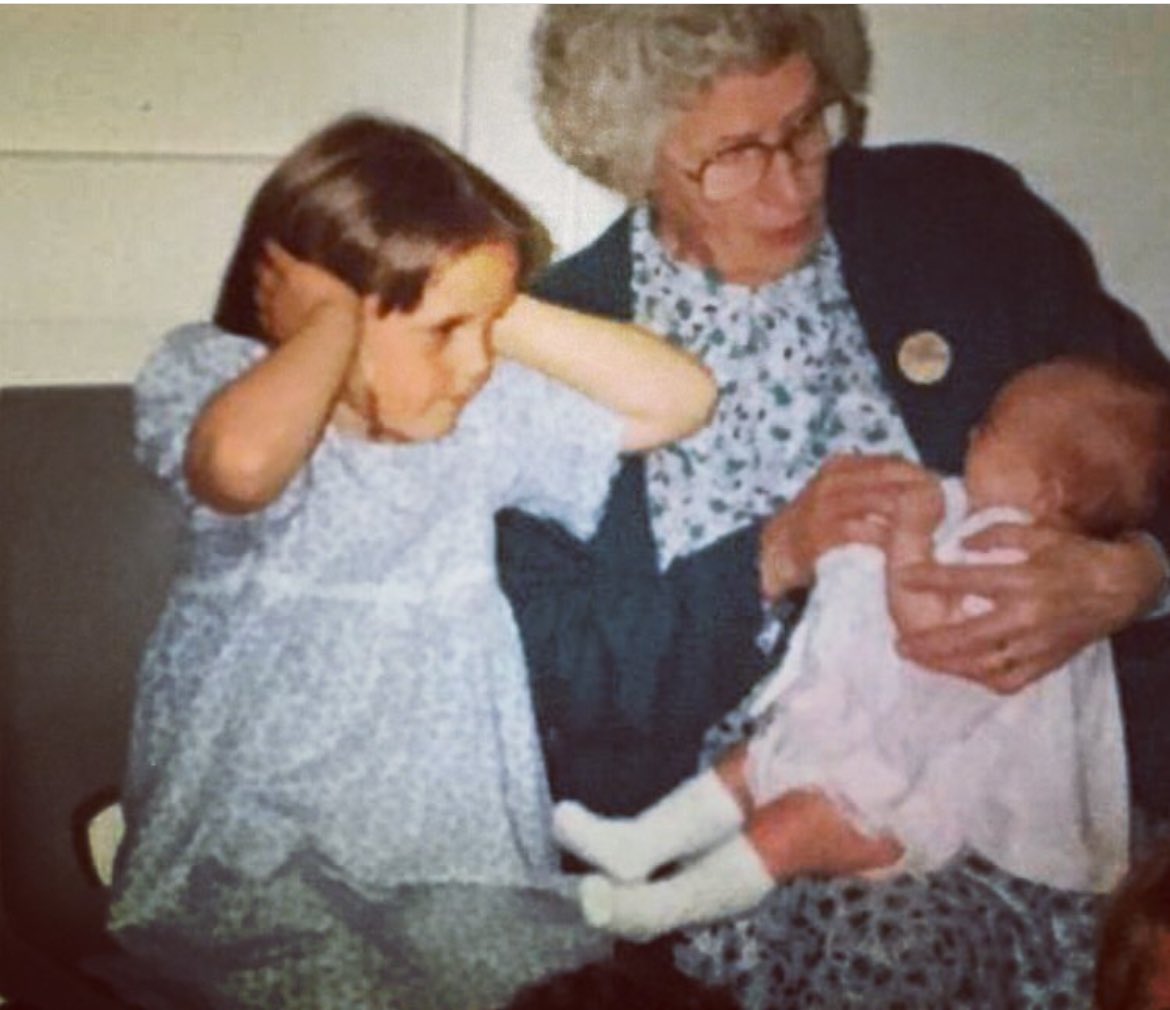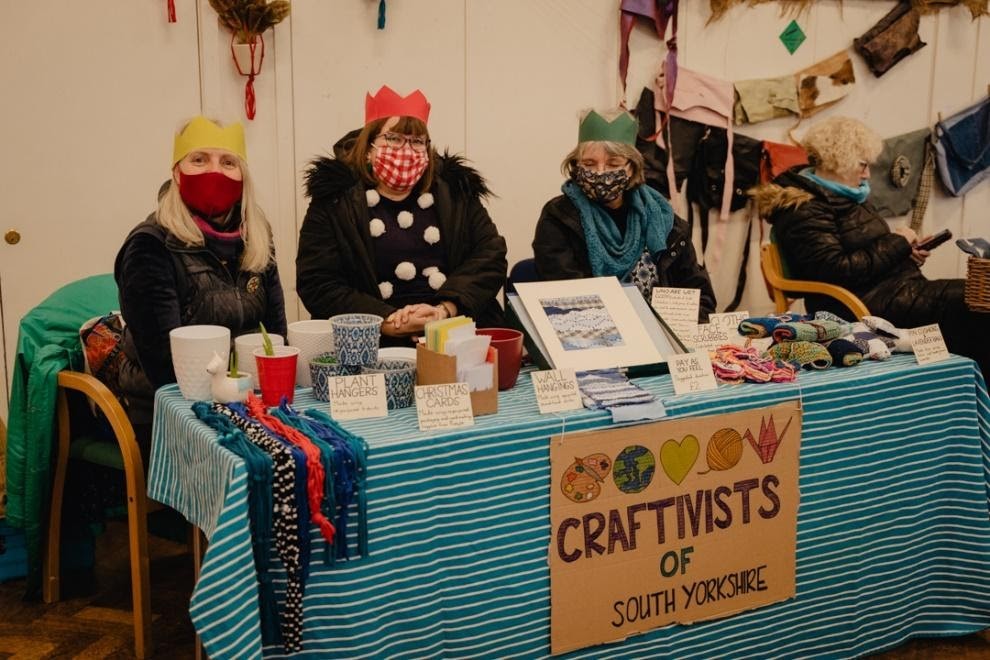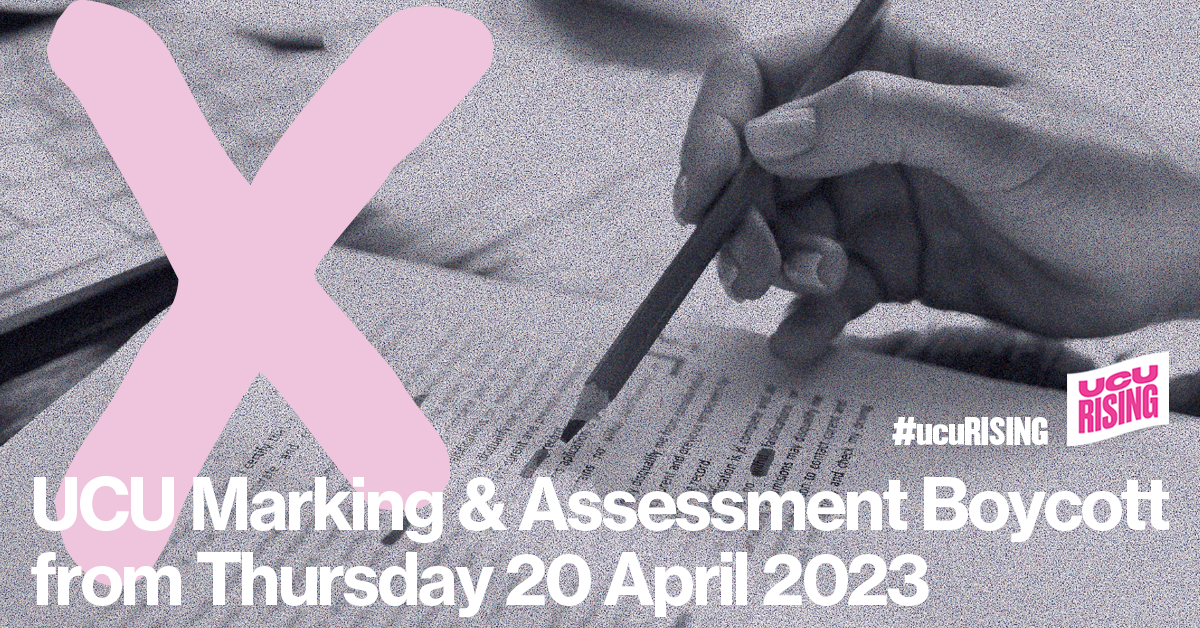A woman has spoken out in frustration after her family were left to fall between the cracks as she waited 18 years longer than her brother to be diagnosed with autism.
Rachel Vernon’s son, who is also autistic, has now been out of school for 10 months, while he waits for suitable educational provision.
She says: “The system is in crisis. There are thousands of kids without school, many like Josh that don’t fit the stereotype.
“He feels so dejected because it seems no school wants him, now he’s worrying about everything and gets upset. His mental health is shocking.”
The long battle for Rachel’s condition to be recognised left her struggling with severe bouts of anxiety, leaving her unable to carry out the simplest of tasks.
The mum-of-one only received her diagnosis when she was 33, despite showing traits as a toddler. Her brother, Wes, was officially told he had Asperger Syndrome, now recognised as autism, when he was 15.
It was only after Rachel had her son, Josh, now 12, that she sought private healthcare and finally received her diagnosis.
“After I was diagnosed, it was like the cogs suddenly fit,” says Rachel. “It helped me understand how I felt and allowed me to be kinder to myself.”
But the delay in recognising Rachel’s condition has caused her decades of mental health concerns. She was initially diagnosed with generalised anxiety disorder at 17, a common misdiagnosis among autistic women. “I didn’t know who I was,” she says. “I always tried to fit in, and I didn’t like showing I was different to anybody else.
“On the surface of things, I was functioning. I had a job, I wasn’t problematic, it was just my internal anxiety. It’s absolutely exhausting. Not physically, but it’s a mental exhaustion. I come home and just want to lie down in a dark room because it’s been too much for me having to present myself in a different way for different people.
“People with autism are social chameleons so you change your approach and who you are depending on who you’re dealing with. It’s very taxing.”
Rachel’s brother, Wes, 37, was diagnosed after years of bullying, isolation and being misunderstood by teachers and peers alike. He said: “Professionals didn’t even entertain it initially. I got a lot of excuses like he’s just excitable or it’s because he’s got a boring home life. Other kids humiliated me in front of the class. They would get a guitar out and start singing about how thick I was.”
When their mother, Val Vernon, expressed concern about her son’s health, she was labelled ‘a hysterical mother’ by teachers who blamed his ‘bad behaviour’ on the fact she worked too much.
Unlike Wes, whose autism was very visible, Rachel tried her hardest to hide her traits, a tactic known as masking, which is common in autistic girls.
Cathy Wassel, CEO of Autistic Girls Network said: “Masking is essentially a survival technique. A girl who is masking is probably working really hard to figure out what is going on around them. It’s not always a conscious thing but there is a stigma attached to being autistic. It’s a way of your brain protecting you.”
Signs of masking include mirroring others’ facial expressions, making eye contact which often feels difficult to an autistic person, and adjusting opinions and personality traits.
Most characteristics of autism are modelled from male behaviour, which makes it more challenging to identify in women. 80 per cent of autistic girls remain unrecognised by the age of 18, according to the National Autistic Society.

Val along with Wesley Vernon, their father, explained their children’s autistic traits were completely different, which made it harder to identify in Rachel, despite her being 18 months older than her brother. He said: “We missed Rachel completely. We never even thought about it. There was no information about girls, it was all about boys.
“We were so hung up on the male characteristics because boys are so different. They’re more out there and we just assumed that’s what autism looked like, and it made it so hard to see in Rachel.”
Rachel doesn’t blame her parents. “They just had to focus on keeping my brother alive,” she said.
According to the National Autistic Society, the ratio of boys to girls diagnosed with autism is still 3:1.
As Wes’ experience in school started to deteriorate, including a suicide attempt outside his primary school, Val and Wesley tried to protect Rachel, who was still very young, from distressing situations involving her brother.
“We tried to protect Rachel from the more distressing things happening with Wes, we just didn’t want to upset her” said Wesley.
Wes and Rachel moved to a secondary school in Congleton, Cheshire, where a drama teacher worked with Val suggested they undergo an autism assessment for Wes. The school had smaller classes and provided more support for Wes, but Rachel, who was still masking, deteriorated in her teens.
At 18, she was admitted to hospital after a serious self-harming incident, which alerted her parents that something was brewing underneath the surface of her fiercely independent exterior.
Wesley said: “As a parent you feel guilt about not spotting it, but when you reflect, she was so good at masking, we didn’t have a chance in hell.”
It was only as the family became more knowledgeable on the subject, that Val realised she too was autistic herself, and was diagnosed in her 50s.
The family agree more support is needed for adults and help must be put in place to stop autistic girls slipping through the cracks. “The infrastructure of health services needs to change,” said Rachel. There is still no support for people once they hit adulthood, which for women who have gone without a diagnosis in childhood, makes it so much more difficult.”
The family are now pooling together to support Josh, who was diagnosed with autism when he was six, as he struggles to make the transition from primary to secondary school.
Val who has been heavily involved in the education system is “absolutely astounded that in 30 years nothing has changed, if anything it’s getting worse.”
Rachel says: “I know what happens when a school system fails a child because I’ve seen my brother go through it.”
Her father, Wesley, added: “We wouldn’t swap [our children] for anything. What we would change is the world around them, to help them understand.”
For advice and support visit Samaritans and The National Autistic Society.




